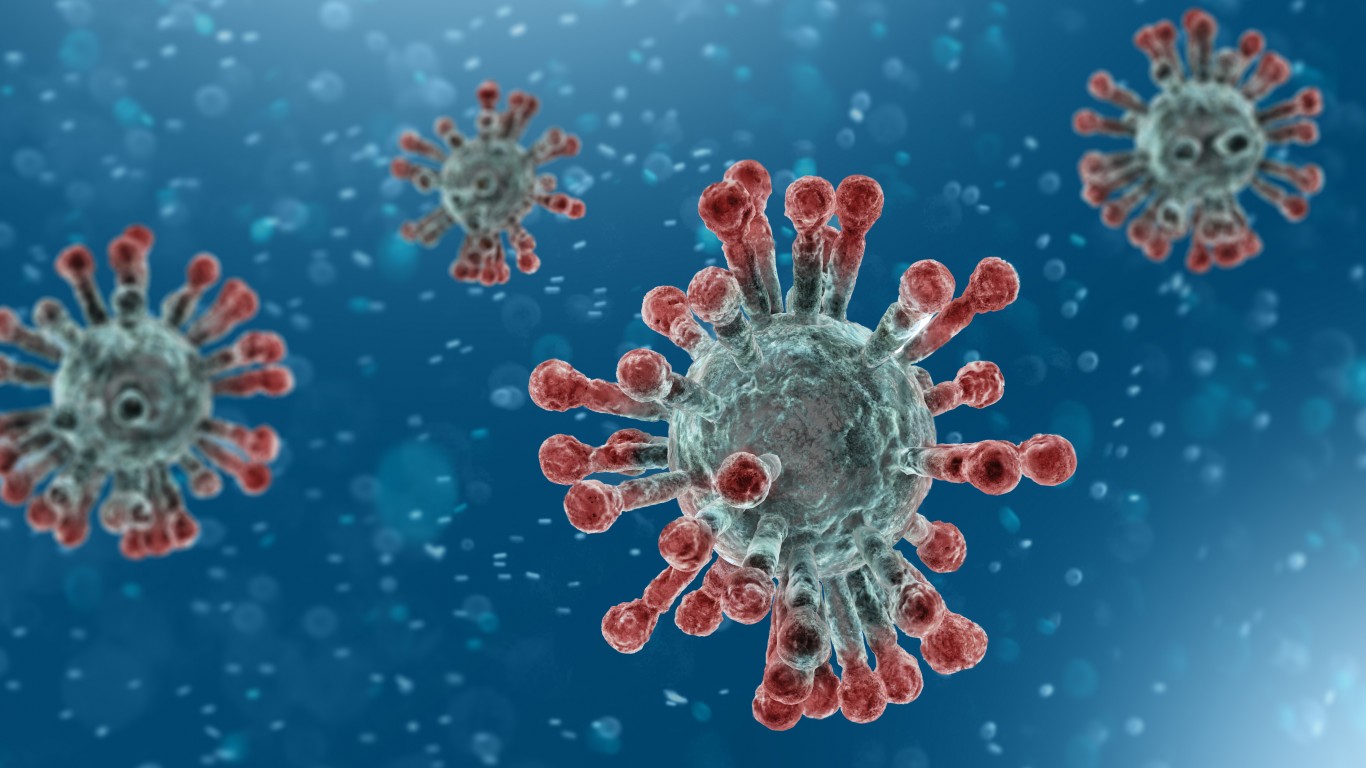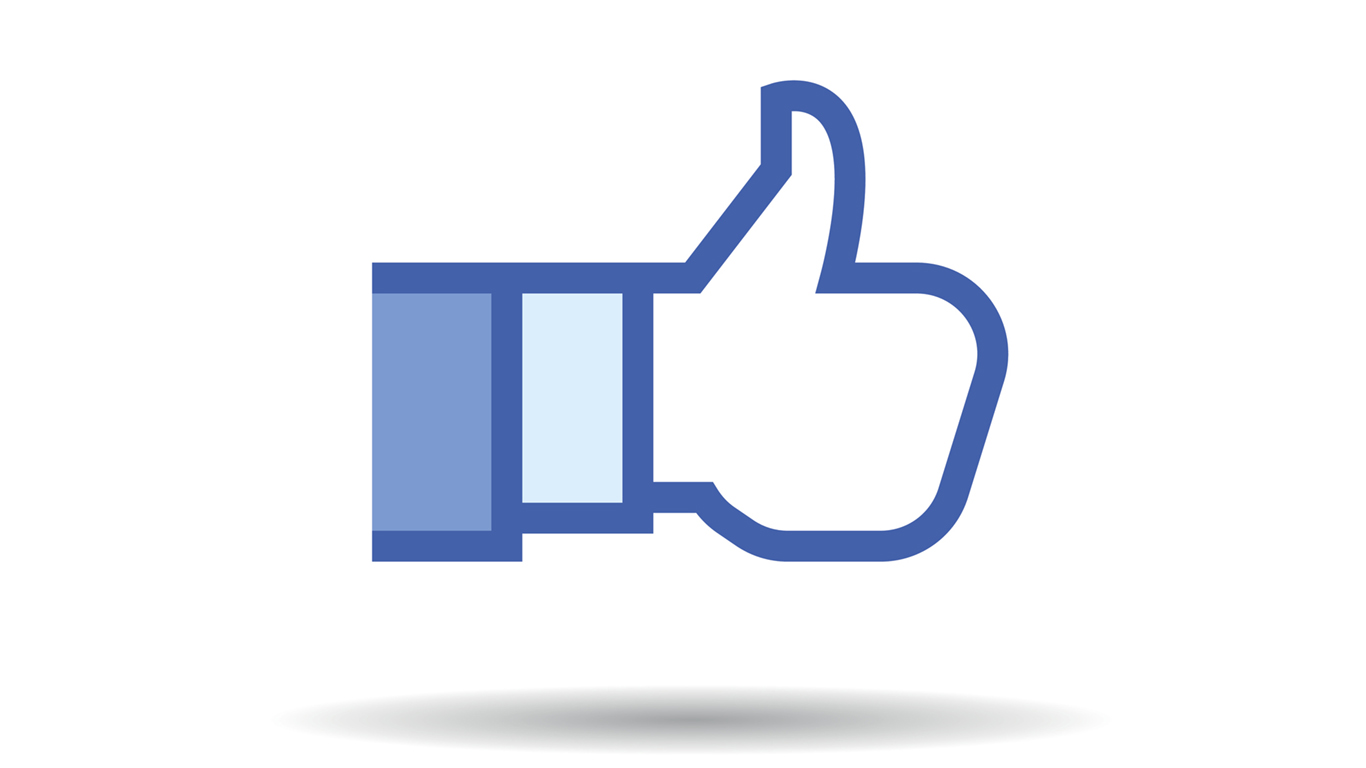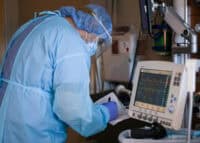
Measures currently being taken against COVID-19 are the only means of containing and suppressing the virus. Until a vaccine is made and tested, progress will remain slow. As we’ve seen over the past month, the concerns around this novel coronavirus will only grow as markets are getting crushed around the world.
It is safe to say the markets are in bear market territory now, and some are suggesting this will be a recession. Some of the big bears are even calling this the beginning of a depression. Again, the quickest and most effective solution to this situation is to find a vaccine.
China first faced the outbreak of the novel coronavirus, and now it has spread across the world. Global infections of roughly 740,000 people have been reported, and about 655,000 of these are outside of mainland China. This number is only growing.
There are currently 548,000 active cases of the coronavirus and over 191,000 closed cases. Of those with outcomes, nearly 156,000 of those infected have recovered, while over 35,000 deaths have been reported.
24/7 Wall St. has tracked some health care companies with prospects at crafting a vaccine to deal with this novel coronavirus and where they stand now.
Johnson & Johnson (NYSE: JNJ) is the newest health care company to join the fight against the coronavirus. This pharmaceutical giant has announced the selection of a lead COVID-19 vaccine candidate from constructs that it has been working on since January 2020.
This comes with the significant expansion of the existing partnership between the Janssen Pharmaceutical Companies of Johnson & Johnson and the Biomedical Advanced Research and Development Authority (BARDA), as well as the rapid scaling of the company’s manufacturing capacity with the goal of providing global supply of more than a billion doses of a vaccine. The company expects to initiate human clinical studies of its lead vaccine candidate at the latest by September 2020 and anticipates the first batches of a COVID-19 vaccine could be available for emergency use authorization in early 2021, a substantially accelerated timeframe in comparison to the typical vaccine development process.
Johnson & Johnson stock traded up about 6% at $130.92 Monday morning, in a 52-week range of $109.16 to $154.50. The consensus price target is $159.18.
Abbott Laboratories (NYSE: ABT) stock made a handy gain after the U.S. Food and Drug Administration (FDA) used its emergency authorization to approve Abbott’s testing kit. This test is capable of detecting positive coronavirus results in as little as five minutes. The company plans to supply 50,000 tests a day starting April 1.
The test works by taking a swab from the nose or the back of the throat, then mixing it with a chemical solution that breaks open the virus and releases its RNA. The mixture is inserted into an ID Now system, a small box weighing just under seven pounds that has the technology to identify and amplify select sequences of the coronavirus genome and ignore contamination from other viruses.
Abbott Laboratories stock was up about 7.5%, at $80.28, and has a 52-week range of $61.61 to $92.45. The consensus price target is $98.27.
Gilead Sciences Inc. (NASDAQ: GILD) announced over the weekend that it will stop considering individual emergency requests for its experimental coronavirus drug, except in certain circumstances, as it grapples with overwhelming demand.
The move is part of Gilead’s overhaul of the process for doctors requesting emergency use of the experimental drug remdesivir outside of clinical trials. Gilead said it is making the changes because it can’t handle all the requests it is receiving, and it hopes the revamp eventually will speed up its development process.
Gilead Sciences stock was up about 4% at $75.99, in a 52-week range of $60.89 to $85.97. The consensus price target is $74.91.
Novartis A.G. (NYSE: NVS) said over the weekend that its malaria drug, hydroxychloroquine, is the drugmaker’s biggest hope against COVID-19. As a result, CEO Vas Narsimhan has pledged to donate 130 million does and is supporting clinical trials needed before the medicine can be approved for use against the coronavirus.
Other companies, including Bayer and Teva Pharmaceutical Industries Ltd. (NYSE: TEVA), have also agreed to donate hydroxychloroquine or similar drugs.
Novartis stock traded up about 3% at $81.75, in a 52-week range of $69.18 to $99.84. The consensus price target is $102.67.
Teva stock was up about 7.5%, at $8.14 in a 52-week range of $6.07 to $15.86. The consensus price target is $11.67.
Sanofi (NASDAQ: SNY) and Regeneron Pharmaceuticals Inc. (NASDAQ: REGN) have expanded a clinical trial of their rheumatoid arthritis drug Kevzara as a coronavirus treatment. The trial is now including patients outside the United States, after beginning in America last week.
This duo said that they have treated the first patient outside the United States in a trial within a global clinical program. Kevzara is currently in a multicenter double-blind Phase 2/3 trial with patients in Italy, Spain, Germany, France, Canada, Russia and the United States.
Sanofi stock was trading up 4% at $44.15. The 52-week range is $37.62 to $51.84, and the consensus price target is $56.88.
Regeneron stock was up about 4% to $469.49. The 52-week range is $271.37 to $518.00, and the consensus price target is $474.96.
Are You Ahead, or Behind on Retirement? (sponsor)
If you’re one of the over 4 Million Americans set to retire this year, you may want to pay attention.
Finding a financial advisor who puts your interest first can be the difference between a rich retirement and barely getting by, and today it’s easier than ever. SmartAsset’s free tool matches you with up to three fiduciary financial advisors that serve your area in minutes. Each advisor has been carefully vetted, and must act in your best interests. Start your search now.
Don’t waste another minute; get started right here and help your retirement dreams become a retirement reality.
Thank you for reading! Have some feedback for us?
Contact the 24/7 Wall St. editorial team.
 24/7 Wall St.
24/7 Wall St.


